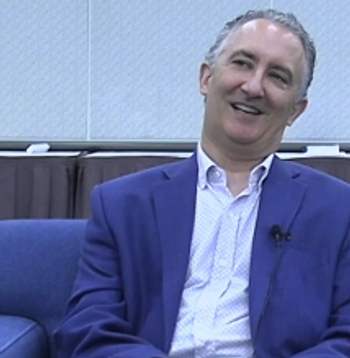
A Letter to the Board of Trustees of the APA
We are delighted that you have appointed a DSM-5 Scientific Review Work Group and charged it with assessing the quality of evidence supporting the DSM 5 proposals.This is great news, probably the last hope to weed out proposals that could do great harm to the Association, our field, and to our patients.
We are delighted that you have appointed a DSM-5 Scientific Review Work Group and charged it with assessing the quality of evidence supporting the DSM-5 proposals.This is great news, probably the last hope to weed out proposals that could do great harm to the Association, our field, and to our patients. Our relief and hope are tempered only by several problems with the process as you have established it:
CONTINUED SECRECY: Given all of the negative publicity surrounding the DSM-5 confidentiality agreements, we are amazed to see the following statement in the charge to the Scientific Review committee: “Deliberations and reports to the BOT will be confidential. The existence of the committee (work group) will be public.” Why on earth is this case? What is the possible harm of making this esteemed committee’s final report public? While we can appreciate the need for the committee to be able to deliberate candidly and not feel constrained by the possibility that every aspect of their deliberations will be made public, it is essential that the final report containing the committee’s assessment of the scientific merits of the proposals be made public.
COMPOSITION OF THE WORK GROUP: The announcement makes an ambitious claim--namely, that this review will be equivalent to an independent NIMH peer review. This desirable standard cannot possibly be met by the DSM-5 Scientific Review Work Group as you have constituted it. The people chosen are all well-respected, but all but 2 of the committee members have been involved with DSM-5 or its oversight. To have credibility, a review committee must be completely unattached to the work that has already been done on DSM-5. Preferably, the APA should contract out the review process to experts in evidence-based medicine who would be both fully independent and also able to apply the standards of scientific proof used across all medical specialties. At the very least, the membership of the committee needs to be broadened to guarantee both the reality and the appearance of a truly unbiased and independent review process.
CHARGE: Although labeled a “Scientific Review Work Group,” the charge needs to go beyond just being a scientific review. It should include a thorough risk/ benefit analysis of all suggestions. That such an analysis is planned is suggested by the statement in the charge that “issues of clinical utility, public health, and potential impact on patients should also be considered.”
We applaud this plan to conduct a risk/benefit analysis but are concerned that such a review requires broader experience in primary care, public policy, health economics, and forensics that goes beyond the current composition of the Workgroup. At a minimum, close consultation with such experts should be part of the planned review process.
METHOD: It appears the assessments will be limited to evidence already generated by the work groups, with no check to determine if their reviews have been comprehensive and balanced. Since there was no standard operating procedure in the literature review process, the work group reviews are variable in quality and method. A recheck to ensure that all pertinent references have been included is necessary.
TIMING: This scientific review is occurring unbelievably late in the DSM-5 process- - it should have been completed more than a year ago, not after the field trials have already begun. There is little purpose to be doing expensive field testing on proposals likely to be eliminated because of limited scientific support. Every step in the DSM-5 process has missed its deadline, sometimes by a year or more. We are concerned that the momentum of the DSM-5 process and limited time left for its review will result in the rushed inclusion of proposals that are both risky and unsupported by evidence.
All these serious concerns notwithstanding, The DSM-5 Scientific Review Work Group has our very best wishes. It is in a key position to do a great service for our field and for our patients and to save APA from further embarrassment.
Newsletter
Receive trusted psychiatric news, expert analysis, and clinical insights — subscribe today to support your practice and your patients.







